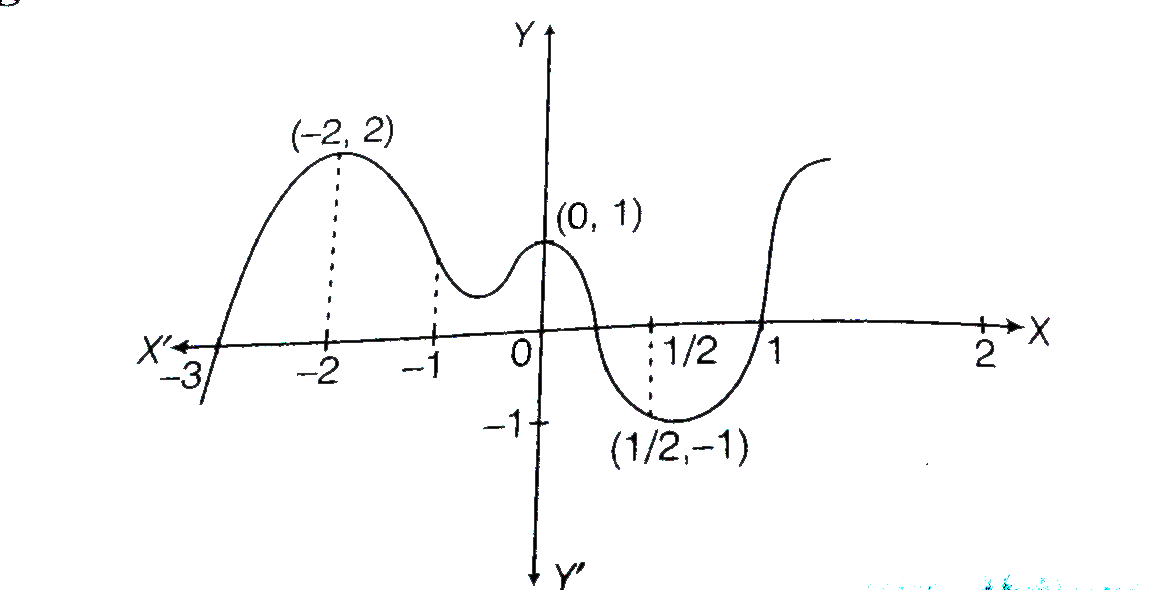A quadratic trinomial P(x)=ax2+bx+c is such that the equation P(x)=x has no real roots. Prove that in this case equation P(P(x))=x has no real roots either.Solution in Tamil
Step by step video & image solution for A quadratic trinomial P(x)=a x^2+b x+c is such that the equation P(x)=x has no real roots. Prove that in this case equation P(P(x))=x has no real roots either. by Maths experts to help you in doubts & scoring excellent marks in Class 11 exams.
Updated on:21/07/2023Similar Questions
द्विघात समीकरण x2+(p+iq)x+3i=0 में p और q वास्तविक है यदि मूलों के वर्गो का योग 8 है, तो
View Solutionयदि p वास्तविक है तथा समीकरण p(x + 1) (x + 3) + 2 = 0 के मूल वास्तविक नहीं है , तो p का मान ज्ञात कीजिये।
View SolutionThe minimum number of real roots of equation (p''(x))2+p'(x).p'''(x)=0

View SolutionThe quadratic equations p(x) =0 with real coefficients has purely imaginary roots. Then the equation p(p(x))=0 has
View SolutionThe quadratic equation p(x)=0 with real coefficients has purely imaginary roots. Then the equation p(p(x))=0 has A. only purely imaginary roots B. all real roots C. two real and purely imaginary roots D. neither real nor purely imaginary roots
View SolutionThe quadratic equation p(x)=0 with real coefficients has purely imaginary roots. Then the equation p(p(x))=0
View SolutionThe quadratic equation p(x)=0 with real coefficients has purely imaginary roots. Then the equation p(p(x))=0 has only purely imaginary roots at real roots two real and purely imaginary roots neither real nor purely imaginary roots
View Solution
